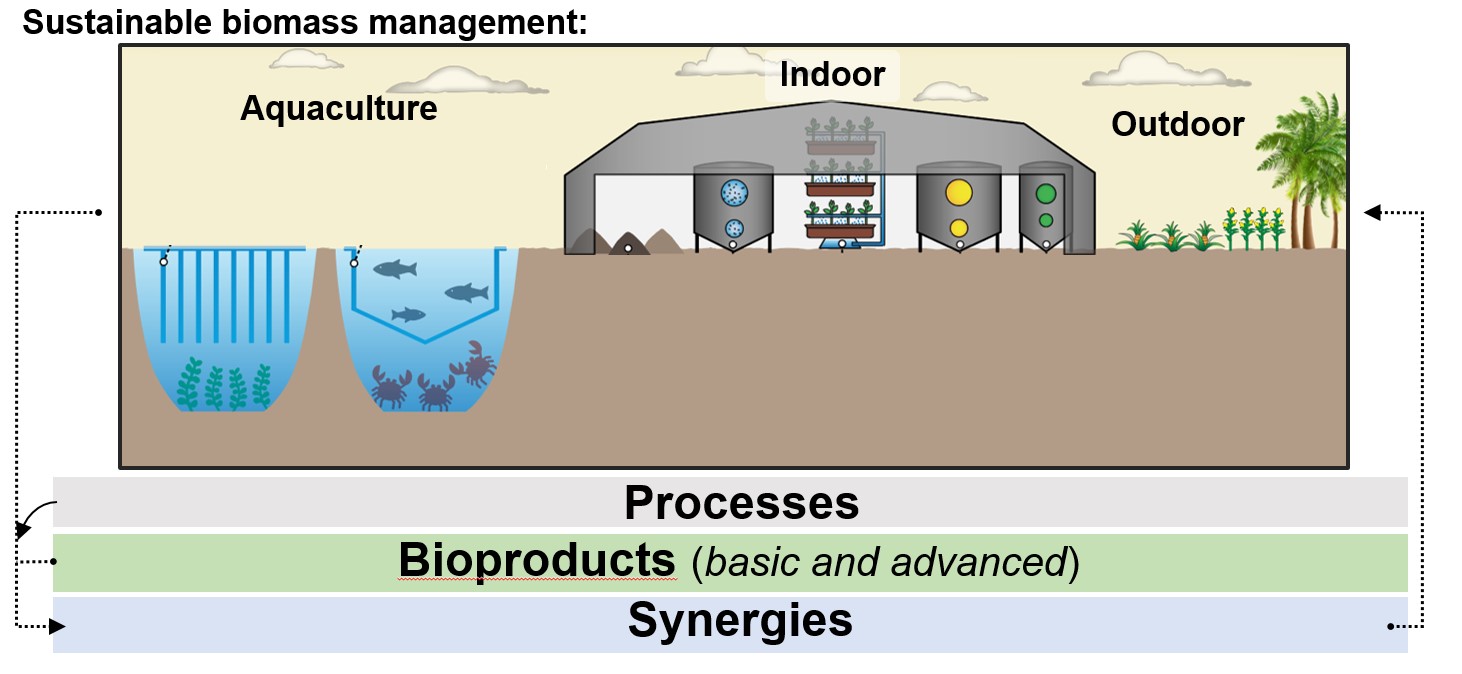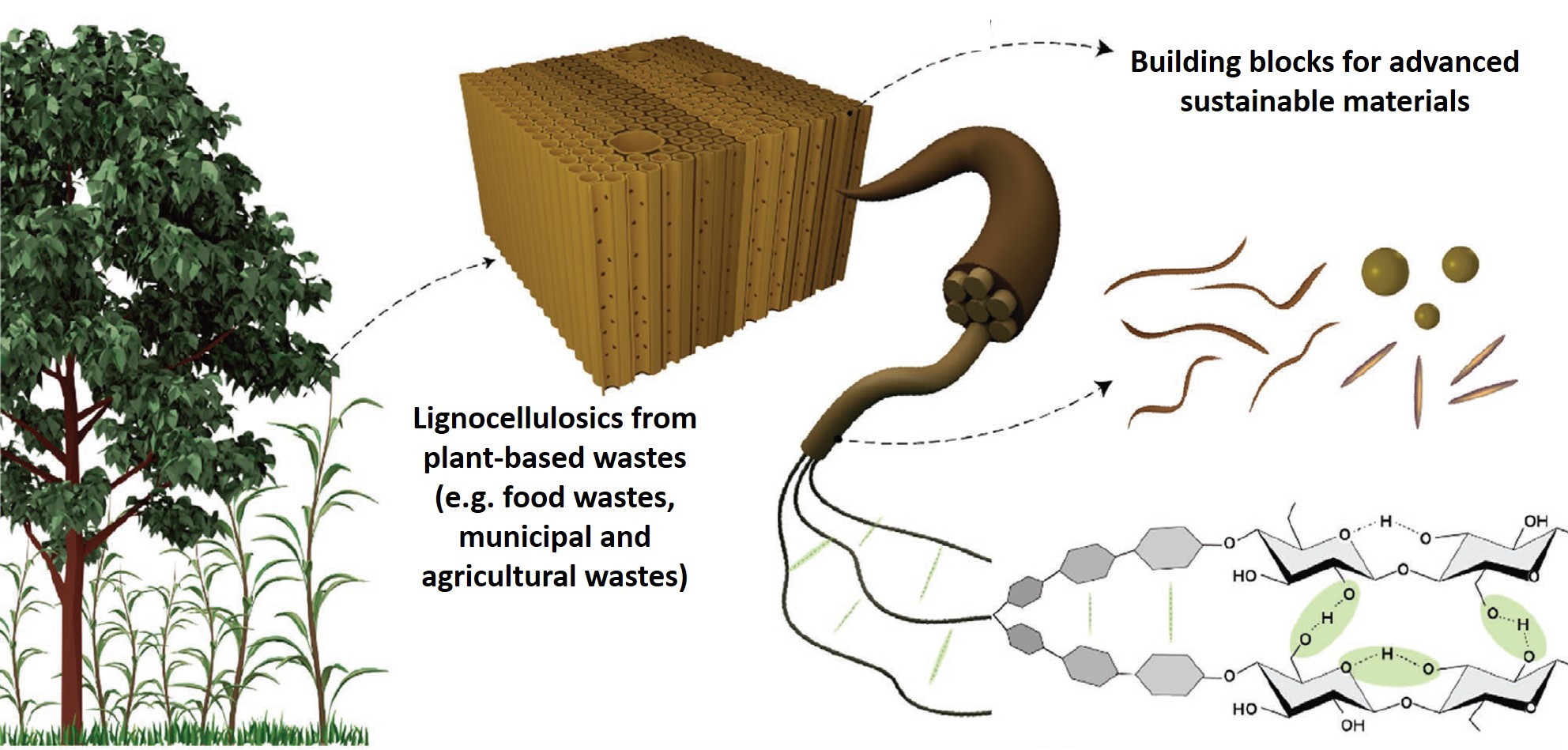Dr. Blaise Tardy is an Assistant Professor who joined Khalifa University in January 2022.
After graduating from EPFL (2009, Switzerland), Dr. Blaise Tardy obtained his Ph.D. in Chemical and Biomolecular Engineering from The University of Melbourne (2015, Australia) and was a research fellow at Aalto University (2016-2022, Finland).
His expertise includes colloidal science, multi-phase systems (emulsions and foams), polymer science, bioengineering, and bio-based materials. This combination of expertise has led to some highly recognized publications. They were featured in international press-releases, published in some of the most prestigious journals for nano- and materials science, and ranked among the most popular studies. He has given more than 30 international conference talks, seminars, and lectures, which has resulted in a wide networks to solve global challenges associated with the bioeconomy. These include EPFL (Lausanne, Switzerland), EMPA (Zurich, Switzerland), Wyss Institute (Harvard University, Boston, USA), Aalto University (Espoo, Finland), The University of Tokyo (Tokyo, Japan), and BOKU (Tulln, Austria).
To face the ongoing global challenges, he strives to take on new cross-disciplinary challenges, always focusing on innovation and excellence in scientific endeavors. His main aim is to connect fundamental and applied sciences in order to facilitate the wide-spread implementation of sustainable materials and processes. This includes the processing of natural building blocks as obtained from biotechnological means as well as agriculture and aquaculture practices, with the efforts mainly targetting optimized biomass production and management.

Plant-based carbon is one of the main global natural reservoir of CO2. Optimizing the use of this reservoir is a global endeavour that integrates itself in both the energy and the food sectors. Sources of biomass in the UAE include food wastes (with the UAE food import being 3.5 x higher than its export), local dates’ plantation wastes, indoor farming and biotechnological food production.
Goals: (1) To connect the different bioeconomical actors in the UAE through bioprocesses and biosystems. (2) Enhancing bio-waste managements towards increased biomass generation in the UAE. The processes we are looking at are focused on fibrillation strategies towards the cycling of food and agricultural wastes, valorization of co-products, and re-use towards agricultural enhancements.
The outcomes of this project are: (i) A more comprehensive mapping of the potential of the available biomass in the UAE to contribute towards a circular bioeconomy; (ii) optimized experimental frameworks that will be associated with deconstruction methodologies for the biomass directly sourced from waste streams in the UAE.

Recent findings show that building blocks extracted from plants and food waste offer tremendous opportunities to replace synthetic systems given their inherent beneficial properties, especially when considering circularity and sustainability. Therefore, there is a great expectation for renewable, green materials to take a larger share of the market, especially for materials with short-service life, motivated by consumer behavior as well as regulatory and policy demands. A swift incorporation of bio-based building blocks into sustainable materials requires developments from extraction streams to manufacture approaches.
This project addresses the current challenges in the manufacture of bio-based building blocks (such as cellulose, collagen, etc.) by addressing important gaps in current fundamentals of interactions of natural polymers at interfaces and by applying these findings towards advanced materials. A range of application can be sought for building blocks as a function of their performance; for example, ranging from agricultural applications to advanced applications such as biomedical devices, batteries, printed electronics, aerospace engineering, and beyond. Locally obtained biomass is thoroughly evaluated for its potential to generate building blocks to form advanced materials as well as for its potential to reintegrate the biosphere, i.e. the end of life-cycle. Thereafter, the project aims to provide materials with optimal properties with a lifecycle integrating itself fully within the agro-industrial complexes and that fully valorizes the potential of natural polymers.
PhD candidacies can be competed for at: https://www.ku.ac.ae/graduate-admissions